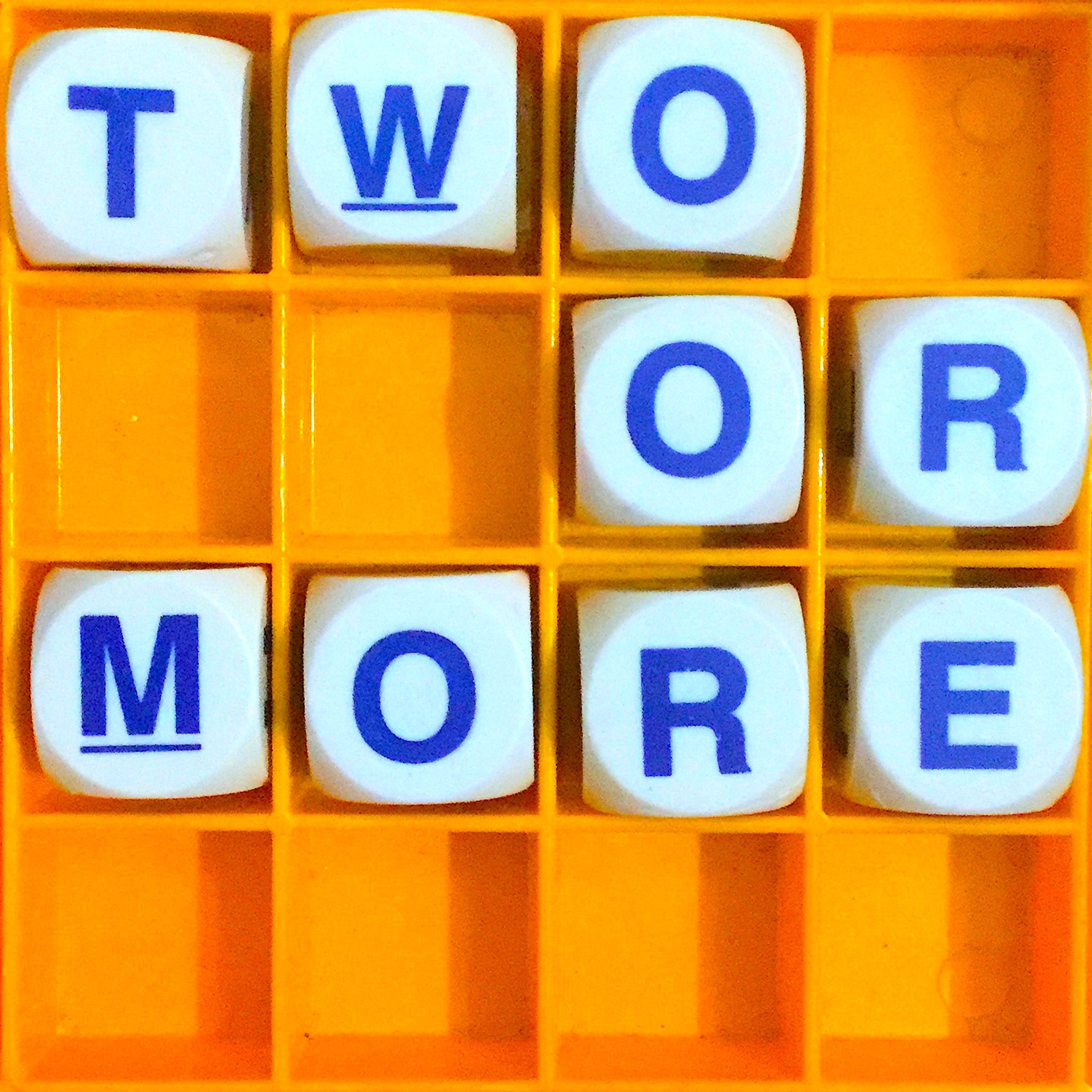ST VALENTINE: I’m actually also the patron saint of beekeepers, epilepsy and plagues, but you don’t see beekeeper-shaped boxes of chocolates in the supermarkets in February, do you?
Read moreAllusionist 101. Two or More - transcript
MARK WILKINSON: If you talk about something a certain way for enough time over a sustained period of time then it will likely affect the way people perceive that issue, right? So if something is framed in a certain way over a sustained period of time, you always hear the same words for something, then eventually it frames the way you think about it.
HZ: In this case, he’s been studying the use and framing of the word ‘bisexual’.
MARK WILKINSON: I think bisexual - the word bisexual, and the people as well - the word has had a really rough go of it.
Read moreAllusionist 72. Hey - transcript
ANDREA SILENZI: I don’t respond to anyone.
HZ: You don’t?
ANDREA SILENZI: I look at their faces and I feel nothing. So I just keep my mouth shut.
HZ: “I look at your face, and I feel nothing.” That is a chilling indictment of the whole system.
HZ: A few months ago, I was a guest on one of my favourite podcasts, Why Oh Why, hosted by Andrea Silenzi. Why Oh Why is about dating, which Andrea was doing reluctantly, as she was still in pain from a break-up with her long-term boyfriend. Approaching people is tricky online, as in real life, and because Andrea knows one of my favourite things to do is to analyse the ways humans communicate with words, she got me to take a look at the kinds of opening lines people send each other on dating apps to initiate contact, to try to figure out why most of them are not piquing her interest.
Read moreAllusionist 50: Under the Covers part I - transcript
LEAH KOCH: There is a certain amount of defense in being a romance fan; if you're going to be a vocal romance fan, unfortunately, you're going to have to spend some of that time explaining to people why what you like is valid and why their opinion is stupid.
HZ: Do it.
LEAH KOCH: OK! The most basic response is: "Why on Earth do you care what I am reading?" I never say that, but that is the honest question - it's like, why do you care? I like it! But let's get slightly more academic than that. Romance is primarily written by women for women. Let's not diminish the contributions of men, but let's set them aside for a second. It's a female-dominated genre.
BEA KOCH: And historically it's associated with a female readership, which is very important in the critical perception of the genre.
LEAH KOCH: Right. So it's books where women's thoughts, emotions, sexuality, take centre stage; and there's a lot of other stuff that happens around it, you know, that's what subgenres are. So it's surrounded by carriages and dresses or surrounded by vampires and werewolves or surrounded by FBI guys on the run, whatever: that's all secondary. The thing at the heart of it is a woman's experience.
Allusionist 29: WLTM part II - transcript
HZ: Every dating site has its own algorithm which matches you with others based on the information you enter into your profile. But language is a vast, nuanced palette, and an algorithm can’t necessarily grasp what you mean with total accuracy - and you might not have supplied total accuracy either.
AW: We all answer in an aspirational way, we don’t answer honestly; it’s really hard to be honest. So you wind up with a blob of language that gets associated with somebody else’s blob of language, and a lot of it is fiction. I’m not saying people are intentionally lying; but you wind up trying to match a version of the person, rather than the person themself. So you’re invariably going to wind up with bad matches.
Read moreAllusionist 28: WLTM part I - transcript
FB: In the beginning, lonely hearts ads were pretty simple. A man wanted a woman who was young, and ideally had some money. A woman wanted a man who had some money, and that was it.
Lots of the language men will use in their ads is just different ways of saying ‘fertile’. They’ll say healthy, glowing, young - and a lot of the language women use is different ways of saying ‘has money to support offspring’.
For so many centuries, marriage had just been a business transaction. There was one in the Dorset County Chronicle in 1824 that said, “I want a woman to look after the pigs while I’m at work.”






